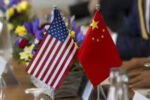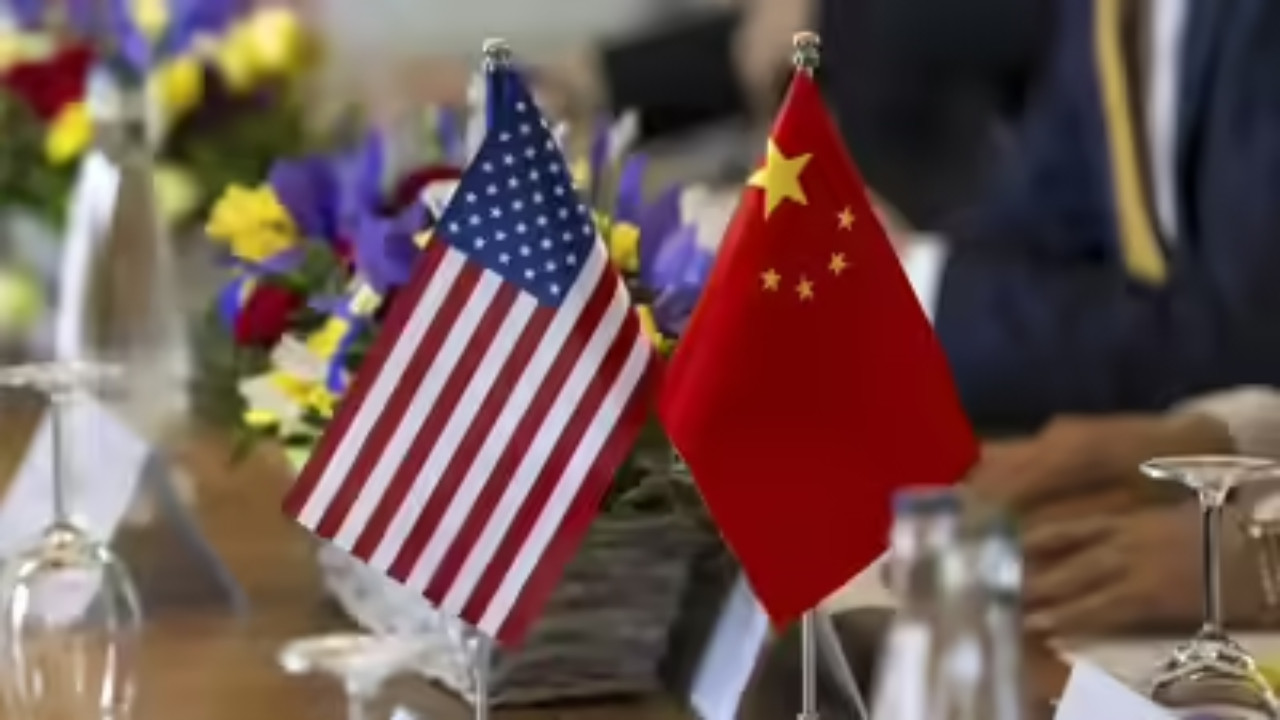Production of Apple AirPods in India may face challenges. This is due to China’s restrictions on rare earth metal exports. Foxconn’s Telangana facility is facing limited availability of dysprosium. Foxconn has raised the supply shortage issue with the Telangana government. The government has escalated the matter to DPIIT. Foxconn is seeking help to get the end user certificate certified.
AirPods Production in India Faces a Rare Earth Reality Check
The buzz around India as a rising manufacturing hub has been palpable. Big tech has taken notice, eager to diversify supply chains and tap into the country’s growing potential. But even the best-laid plans can hit unforeseen snags, and the latest involves something few outside the tech and geopolitics world think about: rare earth elements.
Specifically, it appears that Apple’s AirPods production at Foxconn’s India unit is facing headwinds due to China’s tightening grip on rare earth exports. These materials, crucial for everything from electric vehicle batteries to smartphone components, are now causing a ripple effect impacting even the assembly of those tiny earbuds we’ve all come to rely on.
The details emerging suggest that this isn’t a complete standstill, but rather a slowdown, a hiccup in the otherwise smooth operation of bringing AirPods to the Indian and global markets. This slowdown, however, throws a spotlight on a critical vulnerability in the global tech supply chain and India’s ambitions to become a major electronics exporter.
What’s the Rare Earth Hold-Up?
China currently dominates the rare earth element market, controlling a significant portion of both mining and processing. Recently, China has been implementing stricter export controls on these materials, a move interpreted by many as a strategic play amid ongoing trade tensions with the US and other nations. While the official line emphasizes environmental concerns and resource management, the impact is undeniable: companies relying on these elements are feeling the squeeze.
For Foxconn, tasked with assembling AirPods in India, this translates to potential delays in sourcing the necessary components. Even seemingly small components within the AirPods, like the tiny magnets used in the speakers and charging cases, require rare earth elements. Without a consistent and reliable supply, production targets become harder to achieve.
Why This Matters for Apple and India
Apple’s increasing reliance on India for manufacturing is no secret. The company has been actively diversifying its production base, seeking alternatives to China for various products, including iPhones and now AirPods. This strategy is driven by a desire to reduce geopolitical risk and potentially benefit from India’s lower labor costs and government incentives.
However, this rare earth hiccup underscores a key challenge: even when manufacturing is shifted, reliance on critical materials remains. Until India (or other nations) can develop robust domestic sources or secure diversified supply chains for rare earth elements, vulnerabilities will persist. This situation also highlights the need for companies to actively seek alternatives to materials that might be facing shortages.

The Indian government has been actively promoting domestic manufacturing through initiatives like “Make in India.” The goal is to attract foreign investment and create a thriving local electronics ecosystem. But these efforts require more than just factories and skilled labor. Access to raw materials, particularly those as crucial as rare earth elements, is paramount. The current situation serves as a wake-up call, emphasizing the need for India to secure its own access to these vital resources. Internal Link Example: Learn more about India’s manufacturing initiatives.
The Bigger Picture: Securing the Supply Chain
The impact on AirPods production is just one symptom of a larger issue. The global reliance on China for rare earth elements has created a choke point in numerous industries. As geopolitical tensions rise, this vulnerability becomes even more pronounced.
Diversifying rare earth supply chains is no easy task. It requires significant investment in mining, processing, and refining capabilities. It also necessitates international cooperation and the development of alternative technologies that reduce or eliminate the need for these materials.
Ultimately, this situation impacting Foxconn’s AirPods production in India is a reminder of the complex and interconnected nature of the global economy. It highlights the importance of strategic planning, supply chain resilience, and the need for nations to secure access to critical resources if they want to compete in the 21st century. It is not just about Apple; it is about manufacturing growth and global competitiveness.
Conclusion:
The slowdown in AirPods production at Foxconn’s India unit due to China’s rare earth export controls illuminates a broader challenge for the global tech industry and India’s manufacturing aspirations. Addressing this vulnerability requires proactive measures, including diversifying supply chains, investing in domestic rare earth capabilities, and fostering international cooperation to ensure access to these vital resources. This hurdle, while temporary, serves as a crucial learning opportunity, reinforcing the need for resilience and strategic foresight in navigating the complexities of the global supply chain landscape.







